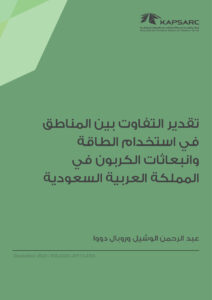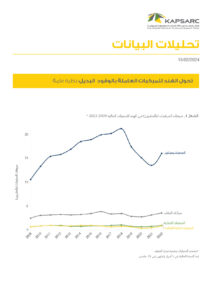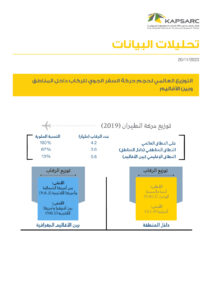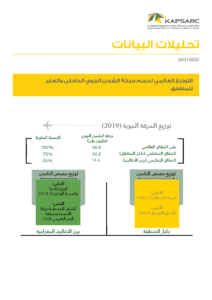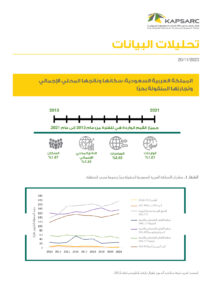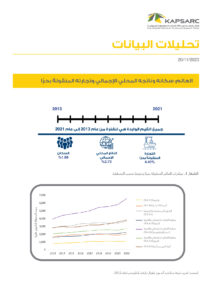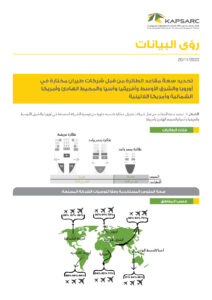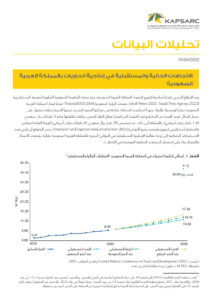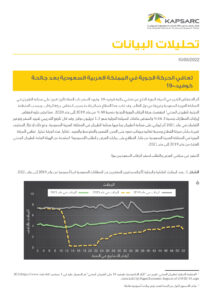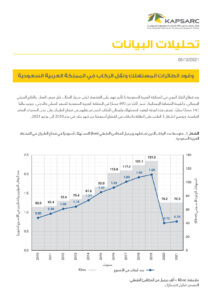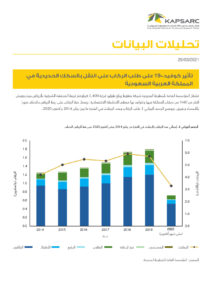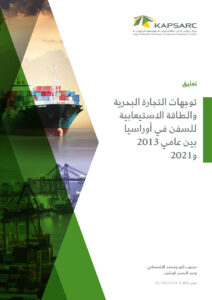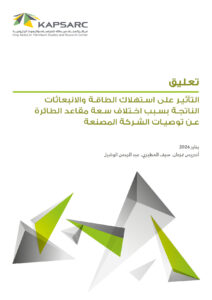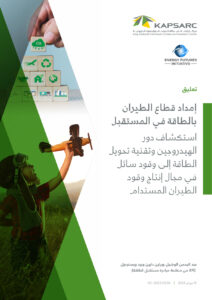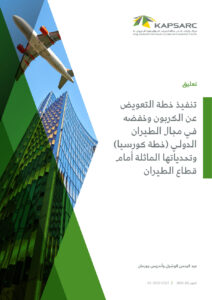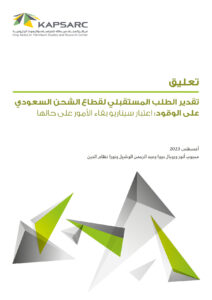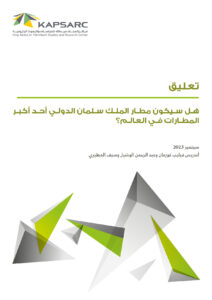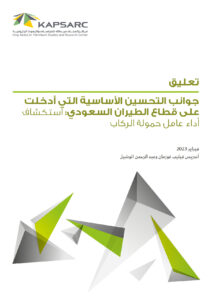يشغل عبد الرحمن منصب قائد بحوث في برنامج النقل والبنية التحتية في مركز الملك عبدالله للدراسات والبحوث البترولية (كابسارك). وقد عمل قبل انضمامه إلى كابسارك محاضرًا في كلية الهندسة في جامعة الإمام محمد بن سعود. وعمل مهندسًا للمرور في مشروع مترو الرياض. تتركز اهتماماته في نمذجة الطلب على النقل، والنقل الجوي، وتحليل دورة الحياة، والوقود البديل، والطلب على الطاقة. وهو حاصل على درجة الماجستير في الهندسة وتخطيط النقل، ودرجة البكالوريوس في الهندسة المدنية.
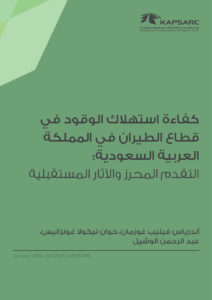
كفاءة استهلاك الوقود في قطاع الطيران في المملكة العربية السعودية: التقدم المحرز والآثار المستقبلية
على الرغم من تسارع خطى التوسع العالمي لصناعة الطيران بسبب قضايا الاستدامة البيئية، فإن مخاوف هذه الصناعة بشأن كفاءة استهلاك الطاقة والانبعاثات لا تزال موضع اهتمام كبير. وتعتبر دراسة تغيير أنماط استهلاك الطاقة في المملكة العربية السعودية قضية ذات أهمية مماثلة، نظراً للتغيرات الكبيرة التي يتوقع أن تشهدها المملكة في السنوات المقبلة في كل من البنى التحتية الجديدة، وارتفاع معدلات السياحة، ودخول شركات طيران جديدة. لذلك، سيكون لأداء كفاءة استهلاك الطاقة في قطاع الطيران دور محوري في تحقيق الأهداف والالتزامات البيئية العالمية للمملكة العربية السعودية. يتناول هذا البحث بالدراسة نماذج السلاسل الزمنية لـعدد يبلغ 20 مطارًا من مطارات المملكة العربية السعودية، ويحدد – على أساس الأسطول الكلي للمملكة – الكيفية التي استُخدم وفقها الوقود بكفاءة في قطاع الطيران في الفترة ما بين عام 2017 و عام 2021 متضمنة فترة جائحة كوفيد-19. كذلك يقيّم البحث كفاءة استهلاك الوقود من خلال دراسة الاتجاهات التاريخية، والوضع المفترض حدوثه لو لم تحدث جائحة كوفيد-19، والوضع الفعلي في قطاع الطيران من أجل إثراء النقاش الجاري حول الطاقة في مجال الطيران. وتبيّن النتائج التي توصل إليها البحث مدعومة بالتقلبات المفاجئة التي تتركز في أيام محددة بعينها، حدوث ارتفاع كبير في معدلات كفاءة المطارات التي تفسرها زيادة أعداد زوار الحرمين الشريفين في هذه الأيام. ويتضح من خلال مقارنة الوضع المتوقع وما حدث فعليًا أن قطاع الطيران قد شهد تحسنًا ملحوظًا، وذلك من خلال النظر في كفاءة استهلاك الوقود بغض النظر عن الأحداث المعطلة لسير الأعمال. وبعبارة أخرى، إن المطارات التي خفضت كفاءة استهلاك الوقود في السابق بدأت تشهد تحسنًا ملحوظًا، في حين أن المطارات الأخرى لا تزال تحافظ على نمط نمو ثابت لاستعادة كفاءة استهلاك الوقود السابقة. فيما تظل المخاوف المتعلقة بالطاقة والانبعاثات في هذا القطاع موضوع بحث، لأن بإمكان هذه النتائج دعم تعزيز السياسات والتدابير الجديدة الرامية لتشجيع هذا القطاع على التغلب على التحديات التي تؤثر بدورها على الطاقة والبيئة على المديين القصير والمتوسط في قطاع يصعب فيه خفض الانبعاثات.
25th يوليو 2023
